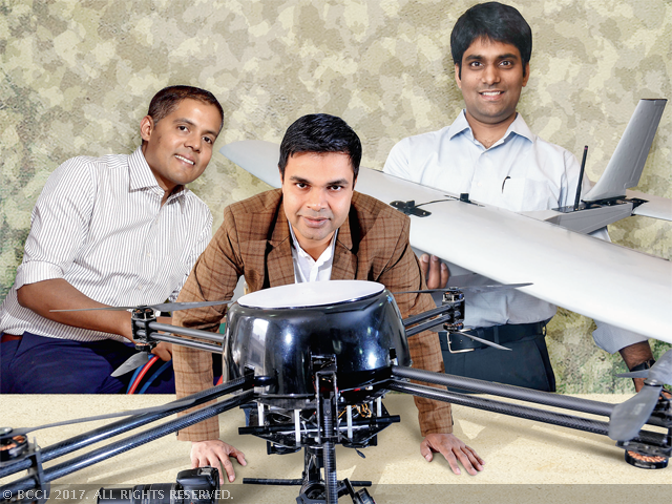Grassroots funding of fundamental science and private enterprize will lead the way in rejuvenation biotechnology not the traditional funding sources from Government which are shrinking every year.
It is important to understand that innovation and progress is unlikely to come from the Government and the traditional grant system which is shrinking every year. Rejuvenation biotechnology will likely be funded with a mix of fundraising for fundamental breakthrough technologies followed by private enterprize taking discoveries to market. This is why supporting science is critcial as relying on the Government to innovate and drive progress is unlikely to yield results anytime soon.
“Today, researchers compete for government grants at increasingly shorter intervals and with diminishing chances of success: Less than 1 in 5 grant applications succeeds. This inhibits risk taking.
By contrast, private investment in medicine has kept pace with the aging population and is the principal engine for advancement. More than 80% of new drug approvals originate from work solely performed in private companies. Note that such drug approvals come on average 16 years after the beginning of clinical trials, which typically cost $2.5 billion from start to finish. Even if grant-subsidized academics wanted to create a new drug, economic reality prevents it.”
#aging #crowdfundthecure








